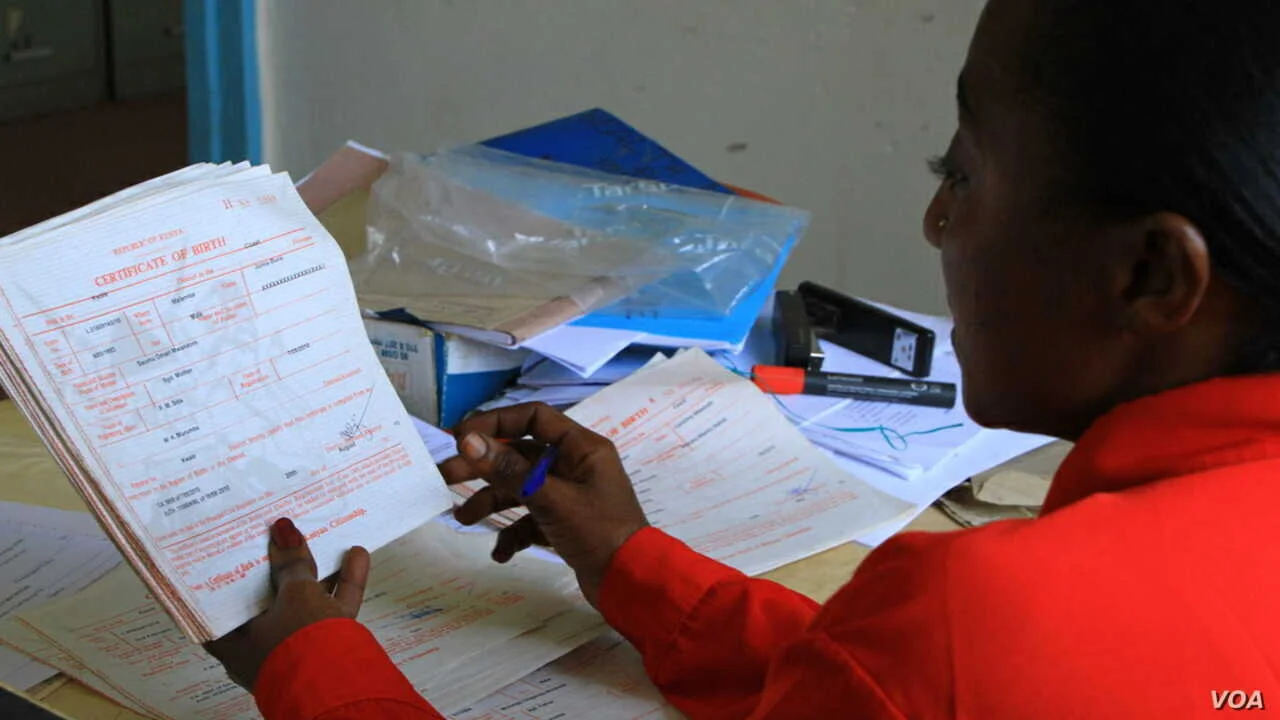Project Background
Vital Strategies is a global health organization that believes every person should be protected by a strong public health system. We work with governments and civil society in 73 countries to design and implement evidence-based strategies that tackle their most pressing public health problems. Our goal is to see governments adopt promising interventions at scale as rapidly as possible.
Birth registration has been called the “first right of a child” as it is the first official recognition of an individual after birth. UNICEF has estimated that four out of ten children who are born do not have their births registered. 80 percent of the children whose births are not registered are born in South Asia and Sub-Saharan Africa. It is also estimated that less than half of all deaths occurring in the world are registered. Additionally, the cause of death in far fewer of these cases is medically certified and recorded. In the context of the Covid-19 sweeping the world, this is a major obstacle to focusing attention and resources to contain and prevent the spread of the pandemic.
Functional civil registration systems and vital statistics (CRVS) systems provide the fertility and mortality statistics including the cause of death estimates which help to plan, deliver and monitor health and social development programs. They are thus a key element in the governance mechanisms tracking progress towards national and international commitments such as the Sustainable Development Programmes. However, the results in terms of timely registration of all birth and deaths; the ability to record the proximate and underlying causes of deaths; publish national vital statistics reports drawing data from civil registration sources are all far from satisfactory in most countries in Sub Saharan Africa and South Asia. Birth registration rates have seen a significant improvement in several countries in South Asia and in some countries in Sub-Saharan Africa. But death registration rates and the generation of data from causes of death still remain a major concern.
Definition of Opportunity
The objective is to move the conversation beyond the constituencies that are traditionally engaged in this area (demographers, statisticians, medical professionals) to stakeholders in the area of governance, public policy, public administration, the general public, etc.
Definition of Success
We hope that the team will work on developing, prototyping, and testing communications vehicles that the most effective communication vehicles to reach these audiences? Can we articulate the CRVS concerns of practitioners and scholars through opinion pieces that can take the content in such articles to a wider audience?












